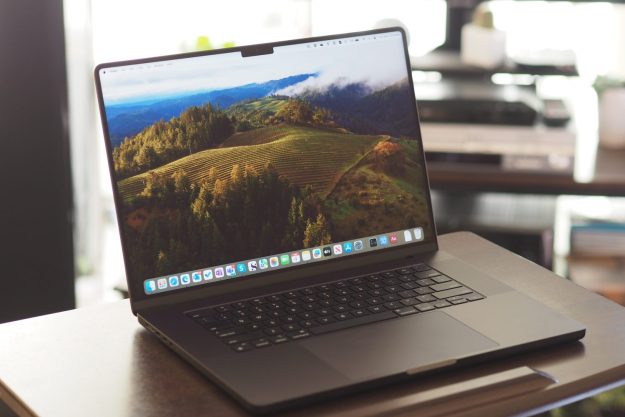UK ISPs have expressed concern about the proliferation in online video and the way it could affect broadband services. The worry, according to one of the country’s largest Internet service providers, is that video could congest networks. The only way to cure that would be network upgrades. Those would be costly, and the costs would probably be passed on to consumers. The alternative would be to use a technique known as traffic shaping to limit access to bandwidth-consuming video content. This involves delaying the sending of packets of information when traffic is high. It’s something Tiscali does at peak time with peer-to-peer traffic. The catalyst for all these comments is the launch of the BBC iPlayer, and Tiscali has admitted that iPlayer content would likely be subject to traffic shaping. But it’s been building for a couple of years as there’s been a burgeoning supply and demand for online video content. In addition to the ubiquitous YouTube, there’s also Joost and several other services. But iPlayer raises the bar somewhat. Not only are the programmes, all shows that have run on the BBC, longer, but the video quality is much higher, which means it’s very greedy on bandwidth. “Our position is that high bandwidth content services like iPlayer are being launched without proper attention to the cost of delivery,” said Tiscali. “As these services become more popular they will undoubtedly cause congestion. It is only broadband operators that can increase bandwidth and this comes at a cost.” It’s predicted that the number of clips viewed online will rise from the current 520 million a year to 2.3 billion by 2011. Of course, the fact that most ISPs have either launched or about to launch their own TV services will exacerbate the bandwidth problem. Additionally, with great competition for broadband in the UK and Europe, prices have been driven down, meaning profit margins are thin. It’s because of this that any upgrade costs are likely to be moved onto consumers.
Editors' Recommendations
- How to download a video from Facebook
- The most common Skype problems and how to fix them
- The most common Microsoft Teams problems and how to fix them
- The most common GoTo Meeting problems and how to solve them
- The best processor for video editing in 2024 across all budgets




